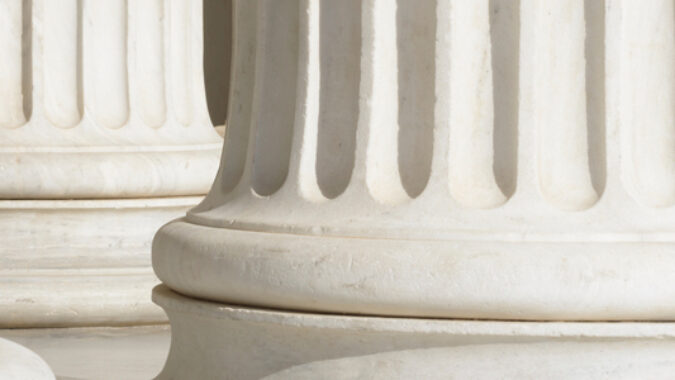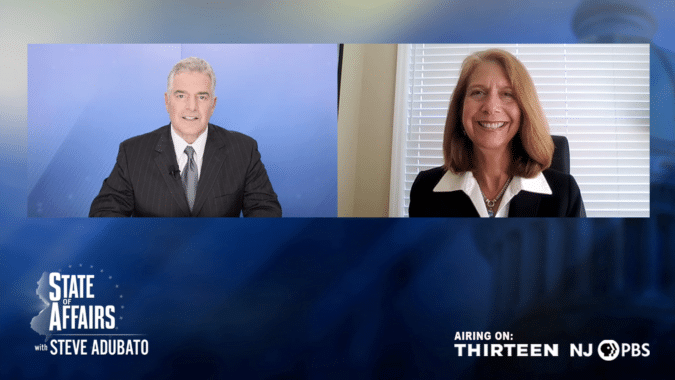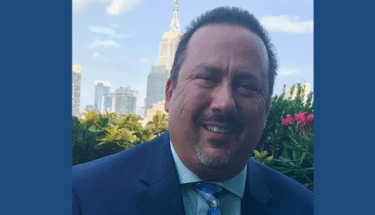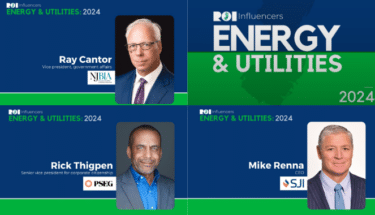On behalf of our member companies that provide more than 1 million jobs in the state and make the New Jersey Business & Industry Association the largest statewide business association in the country, we would like to offer comments on the implementation of PL. 2018, c. 16, which allows for energy companies to submit applications for the Zero Emission Certificate (ZEC) program for eligible nuclear power plants.
The current law creates a process for the New Jersey Board of Public Utilities (NJBPU) to develop regulations for nuclear power plants that deliver electricity to New Jersey. The law also establishes a tariff of $.004 per kilowatt hour to cover the cost of the zero emission credits (ZEC). The statute allows for $300 million a year over 10 years to be spent on ZECs, which equates to $3 billion.
According to the Council for Community and Economic Research, New Jersey ranks tenth for the most expensive places to live in America. Furthermore, ratepayers in New Jersey pay the highest electric rates in the grid and are ranked the 10th highest in the country. Currently, 24 percent of the electric bill is from government imposed taxes and fees. The commercial and industrial ratepayer consumes 36 percent of the energy in New Jersey and has a vested interest in the development of energy policy that supports competitiveness that will ultimately lower energy prices for ratepayers.
NJBIA is concerned that this will add additional cost to the consumer who is paying an already high rate for energy. We believe that fuel diversity in power generation is important, but this mix of generation should be driven by the marketplace and consumers, not the government. The cost of energy to the consumer must be balanced with the need for business to remain competitive due New Jersey’s high energy prices.
As the NJBPU reviews applications for the ZEC program and considers a company’s business forecasts, projections or modeling that help estimate income / loss in the current or future marketplace, it should consider this decision through the lens of the ratepayer, whose energy costs are the 10th highest in the nation.
Due to the provision in Section 3j3c, ratepayers could still pay the tariff even if there are no certified entities found to be eligible under the application process. NJBIA believes that, if there are no nuclear entities certified, the tariff should be eliminated for the three-year period. Ratepayers should not have to pay a tariff only to have it returned at the end of the energy year when it is known that no plants meet the certification.
NJBIA is supportive of an ongoing program evaluation. At the completion of each three-year period, a report of total ZECs traded, amount of ratepayer contributions, and the environmental attributes would help to show the overall program costs and benefits. As solar RECs are currently reported on an ongoing basis, ZECs tracking could help inform the energy marketplace.
Thank you for allowing NJBIA the opportunity to comment on this important issue that impacts all ratepayers in the state.







